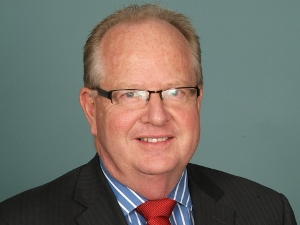
“Teachers and principals have been debating this policy all year,” president of the New Zealand Principals’ Federation Philip Harding said.
“We have brought in overseas experts to share their views on it, we have consulted with our own New Zealand academic community, and principals from across the country have met together to debate its pros and cons,” he said.
“We all support the Government’s goal to raise student achievement and the best way to do that is to invest the money in programmes and initiatives that make a difference for all kids, and not in a few teachers’ and principals’ pay packets.
“Had the sector been invited to co-construct the policy from the start it would have been shaped very differently, and could have relied on the wisdom and experience of the profession to recommend the very best solutions to raise children’s achievement in a New Zealand context, with all its diversity, social and economic challenges,’ Mr Harding said.
“There are initiatives in place that we know make a difference. These just need further investment to reach more kids.”
There are some aspects embedded within the policy that the sector supports. These include encouraging more teacher and principal collaboration, sharing good practice, and investing more in professional learning.
“The public must ask why teaching professionals have turned their back on an opportunity to increase their own salaries. It’s because the profession is more focused on supporting initiatives that can work for all children, than simply feathering their own nests,” Mr Harding said.
The much-delayed English draft curriculum is now out for consultation, generating discussion from teachers.
Research from AUT demonstrates arts, culture and recreation have positive impacts on all aspects of…
How effective has the school phone ban been in achieving its aims? Researchers from the…
School camps and excursions deliver hands on learning experiences, helping to consolidate classroom learning.
Innovations in AV technologies present new opportunities to engage with students. We look at how…
A new report from the University of Auckland’s Our Voices Project asks young people what…
This website uses cookies.